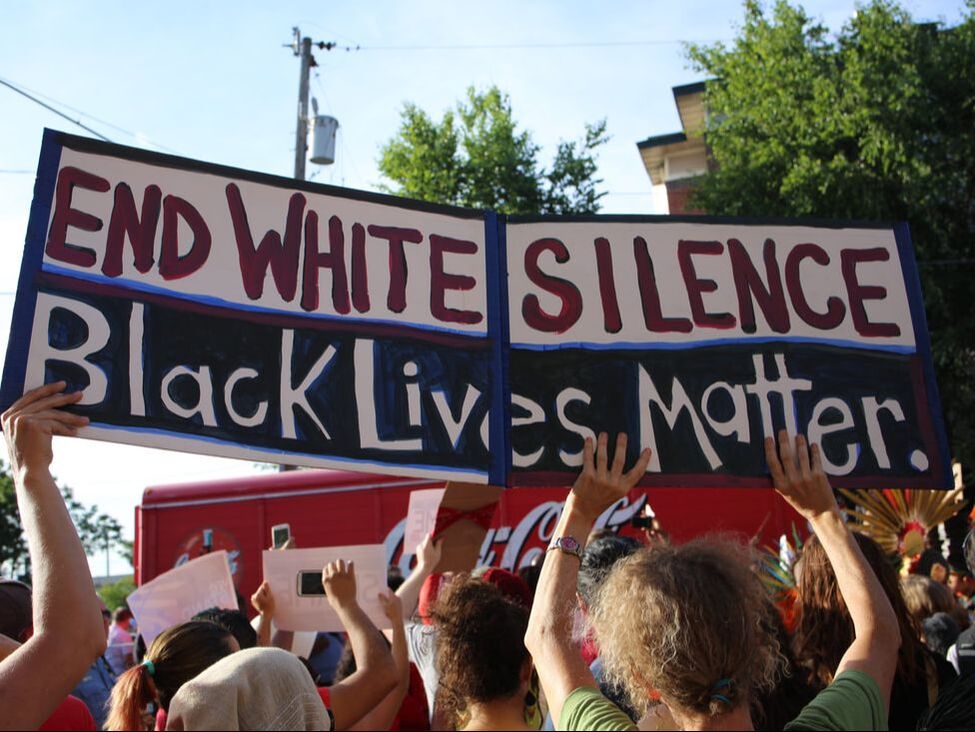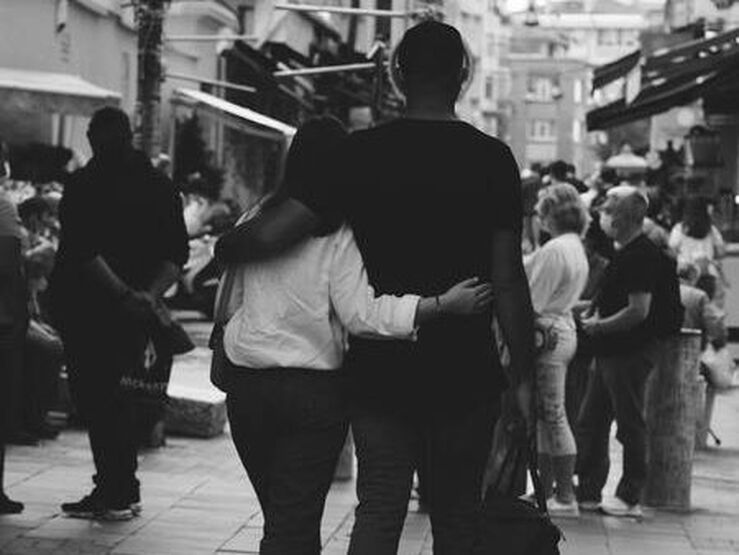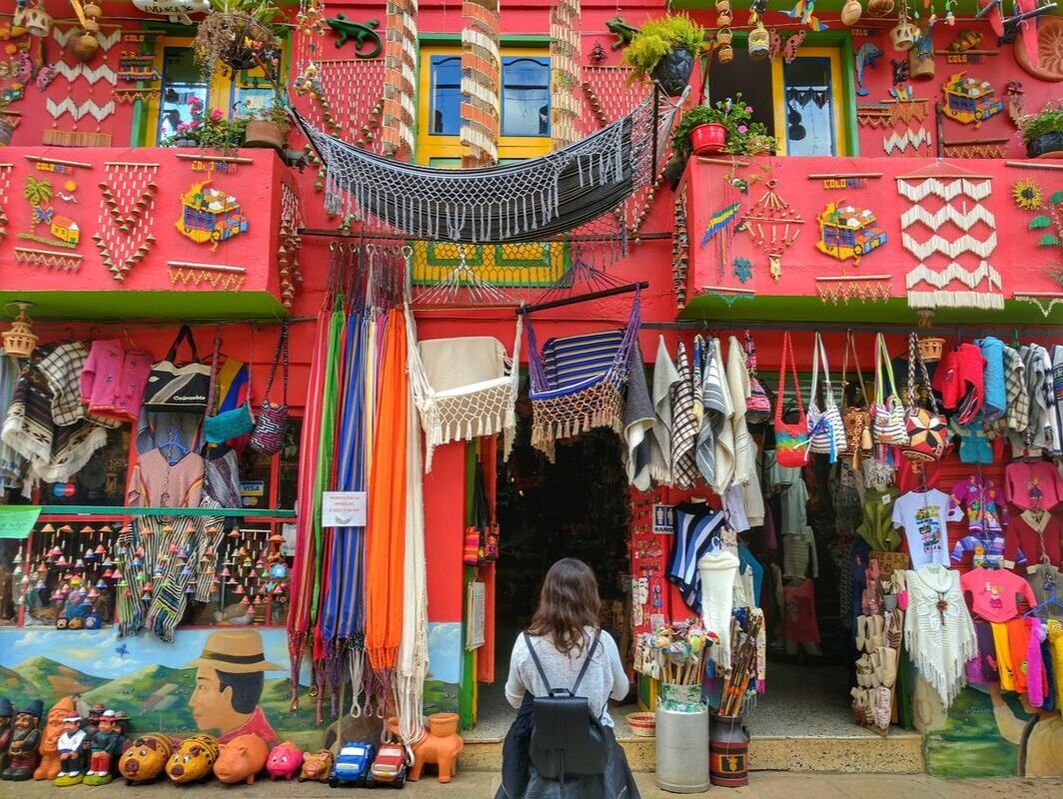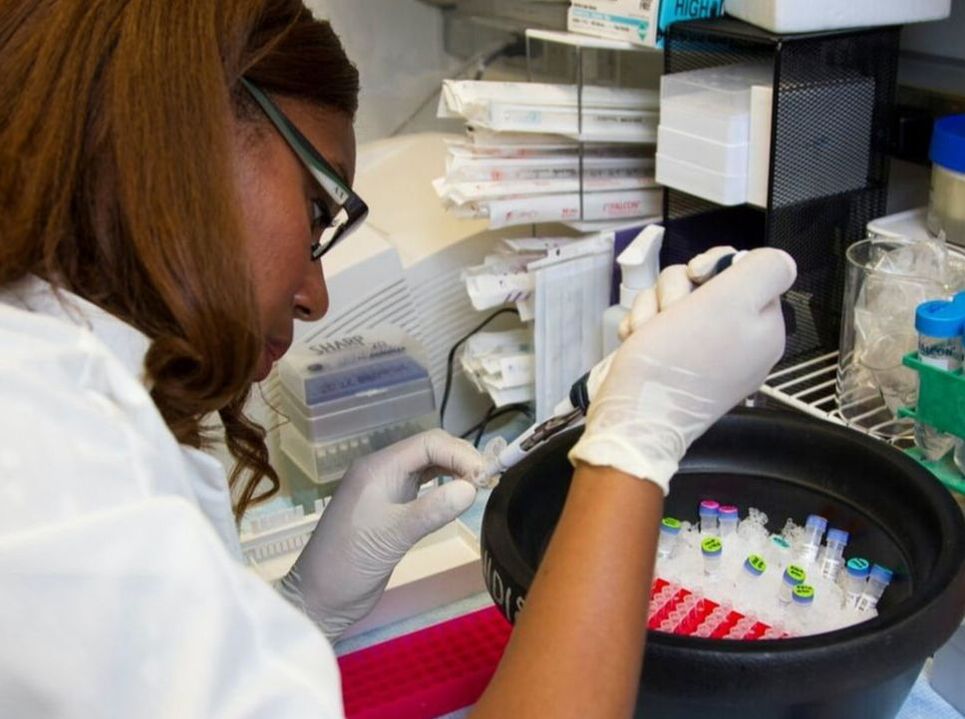|
|
|
The murder of George Floyd in the spring of 2020 sparked an outcry against police brutality and racial injustice in the United States. In the wake of the killing, support for the Black Lives Matter movement rose sharply among white Americans. Shows of support ranged from the (controversial) posting of blacked-out photos on Facebook and Instagram, to patronage of black-owned businesses, to marching in BLM protests.
We are now more than a year out from George Floyd’s killing. Much of the antiracist fervour expressed by progressive white Americans in 2020 appears to have fizzled. According to a Politico/Morning Consult poll, the percentage of white Americans with positive evaluations of the Black Lives Matter movement has declined significantly since last summer. Some see this change as an indication of the superficiality of many white Americans’ involvement in antiracism. While this may be true, our Identities article, 'Racemaking in New Orleans: racial boundary construction among ideologically diverse college students', points to the important role of racial boundary construction in limiting white Americans’ involvement in antiracist efforts.
0 Comments
In majority white countries, the Black Lives Matter protests that unfolded after the murder of George Floyd were accompanied by the intensification of public debates on systemic racism and white allyship. Some media focused on Black-white couples, discussing the impact of these events on white partners’ understanding of anti-black racism in their Black partners’ lives. As part of the ERC-funded project ‘Regulating Mixed Intimacies in Europe (EUROMIX), over the past four years I have explored Black-white couples’ experiences of racism and discrimination in their everyday lives.
Drawing from ethnographic fieldwork I conducted in 2018-2019, my Identities article, ‘Interracial couples and the phenomenology of race, place and space in contemporary England’, looks at partners’ perceptions of dis/comfort and un/safety across different contexts: when they jointly move in public spaces, choose where to make home, and travel for leisure. By juxtaposing these scenes, the article foregrounds a multi-layered economy of constraint and choice underpinning the lives of the opposite and same-sex couples that I have met and/or interviewed.
In the wake of Colombia’s national branding as a pluri-ethnic nation, on the one hand, and of Black and Indigenous social movements denouncing racism, ethno-racial inequality, systemic necropolitics (Mbembe, 2003; Alves, 2014) and social injustice, on the other hand, Bogotá’s municipal ‘multicultural turn’ in the 2010s seemed a precious opportunity to partly reconcile the ambivalent reality of Colombia’s multiculturalism, torn as it is between the pluri-ethnic reality of its social constituencies and the simultaneous inclusion (often as commodification) and exclusion (racialisation) of its ethnic minorities.
In particular, the latest POT (Plan de Ordenamiento Territorial, or Land Use Planning) — that determines urban growth in Bogotá for a span of at least 15 years — and its first Ethnic Focus (or Ethnic Approach; Enfoque Étnico Diferencial, in Spanish) in the late 2010s, could have been an opportunity to develop an understanding of urban dynamics informed by ‘race’ and racism, whereby patterns of racialisation and antiblackness in the space of the city could be finally and formally acknowledged by the public administration and Colombian urban professionals (planners, architects, land economists, geographers, urban sociologists, etc.) — for the majority of whom urban inequality has long been conceived as a socioeconomic matter devoid of any racial inflection. However, as elsewhere in Latin America, the municipal ‘multicultural turn’ in Bogotá largely missed that opportunity. In my Identities article, ‘The governmentality of multiculturalism: from national pluri-ethnicity to urban cosmopolitanism in Bogotá’, I detail the ambiguities inherent to Colombia’s pluri-ethnic turn at the urban scale, from a situated perspective on its capital city, Bogotá: inclusive and plural in its narrative and for which concerns the extraction of value from ‘ethnic presence’ in the city, but exclusive and tailored at regulating (constraining) ‘diversity’ through its policies and planning practices.
Cross-posted from RACE.ED
It has been widely reported that the COVID-19 pandemic has disproportionately impacted Black and Ethnic Minority (BAME) communities across the UK, which have suffered higher rates of hospitalisation and mortality. While the causes of this outsized impact are yet to be fully untangled, it is consistent with longstanding disparities in health outcomes and access to medical treatment between BAME communities and the white majority. The pandemic has, in effect, brought pre-existing health inequities to the fore. With all our hopes for overcoming the pandemic resting on the success of our vaccination programme, it is essential that the jabs being put into arms have been shown to be safe and effective for people across the entire spectrum of our ethnically diverse population. This is important for two reasons. First, medical treatments can have varying effects for people of different ethnic backgrounds, and hence it is essential that clinical trials include volunteers that are representative of the different groups that make up our population. Second, people from BAME backgrounds deserve the same opportunity to build trust in vaccines. This means knowing that vaccines have been rigorously tested on volunteers from their own communities, as well as other groups. |
|
Explore Identities at tandfonline.com/GIDE |
|
The views and opinions expressed on The Identities Blog are solely those of the original blog post authors, and not of the journal, Taylor & Francis Group or the University of Glasgow.




